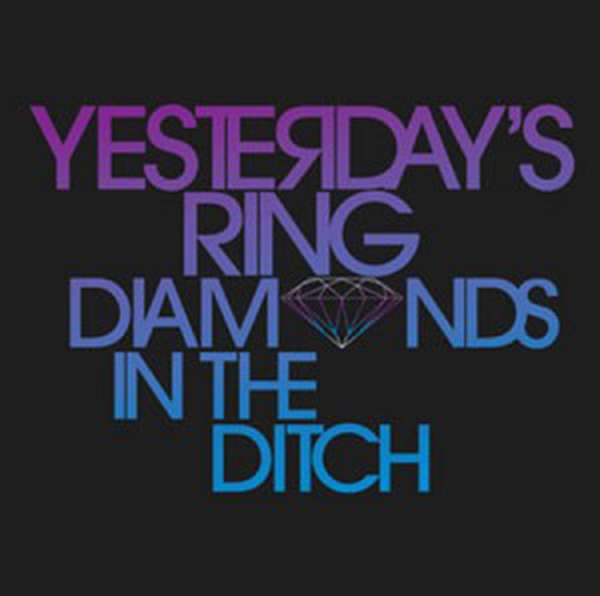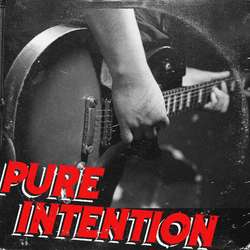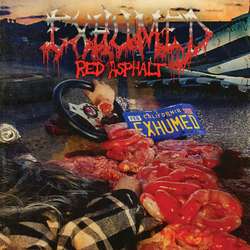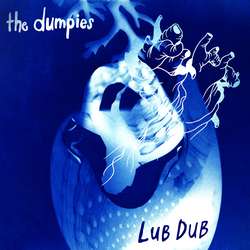Some folks they tell me: "You just can't play country / You're a stupid young punk and you're from Montreal" / But I'll still make you cry with that song.
- Yesterday's Ring - "Sad Songs"
Good, heartfelt music wins in the end, not shtick. Yesterday's Ring doesn't succeed because they're punks playing country, rather it's because of the honest and self-aware tone of songs like "Sad Songs" and the smoky, soulful manner of Hugo Mudie's vocals. What the band plays is a perfect fit on Suburban Home, though they are less traditional in their country than most of their labelmates, having more in common with Marah than Drag the River.
With occasional southern rock style use of horns, a plethora of other instruments, and, yes, even handclaps Yesterday's Ring are a country-punk band that isn't trying to hide their allegiances. Most of the songs are structured just like punk songs, with catchy, anthemic choruses and numerous references to the underground lifestyle. All that differs is the twanginess of the guitar and the instrumentation being used. Well, that and the decibel levels are much lower.
The band, while they do slip in a few ballads, like the female-fronted "Scrabble Strip Club," play mostly upbeat songs with sing-along parts and toe-tapping rhythms. "Who I Wanted to Be (Pretty Baby)" is so catchy I could almost imagine it on country radio, if only the powers that be operated things differently. The earlier Marah comparison is used mainly due to similarities in Mudie's voice and in the more upbeat songs that are built around traditional, folksy influences, especially the latter part of the record. This definitive sound is best exemplified in tracks such as "Moving Out (to Florida)" and "Truckstop in Charlotte, NC." In them, the band focuses on high energy catchiness that's loud, but layered on top of traditional structures and instrumentation, with a bigness that reminds of The Hold Steady. Meanwhile, the themes contemplate traditional country ideas, such as loneliness, drinking, and sorrow, heavily symbolized via long Montreal winters.
The record is well organized, with a variety of slow and fast that keeps things interesting but, at fifteen tracks, is a little too long. Considering the number of instruments, guest musicians, and time that likely went into this release, the artwork feels like a throw-in.



